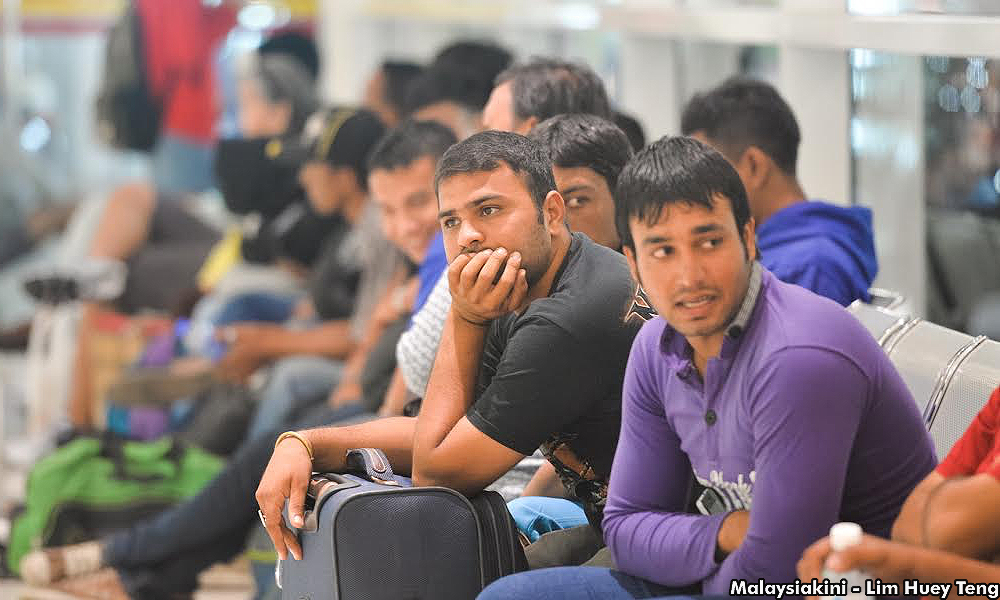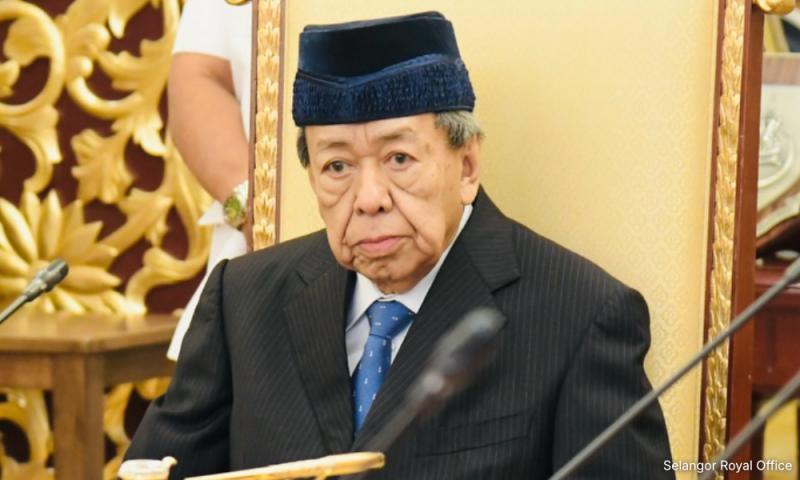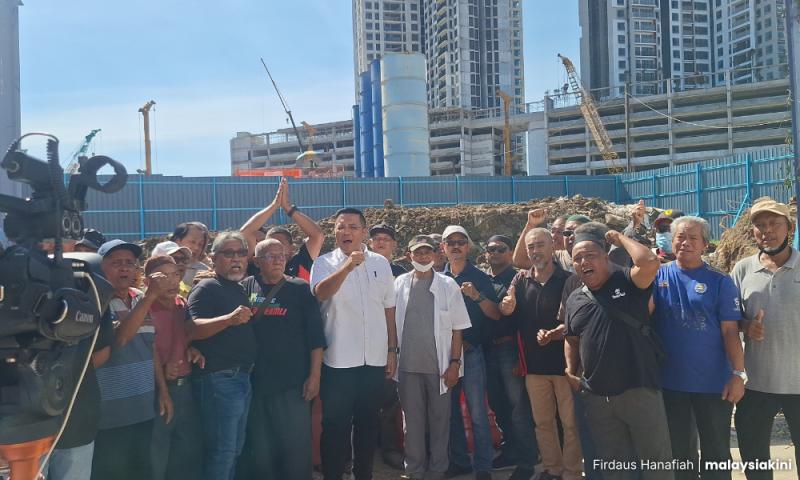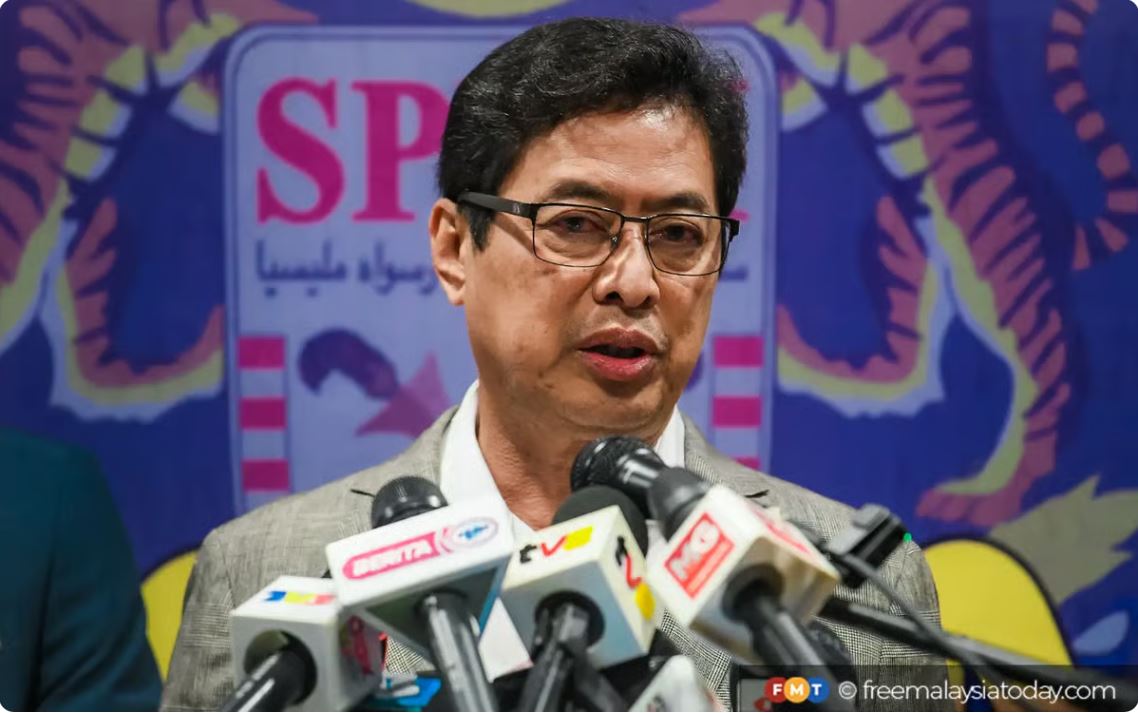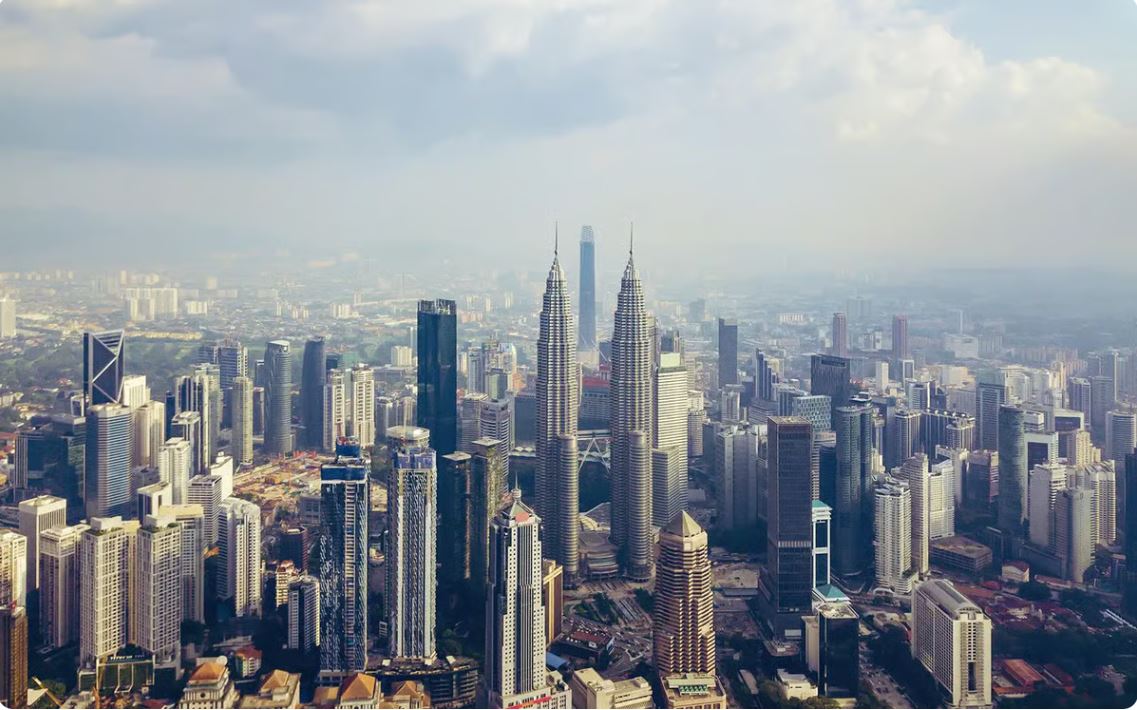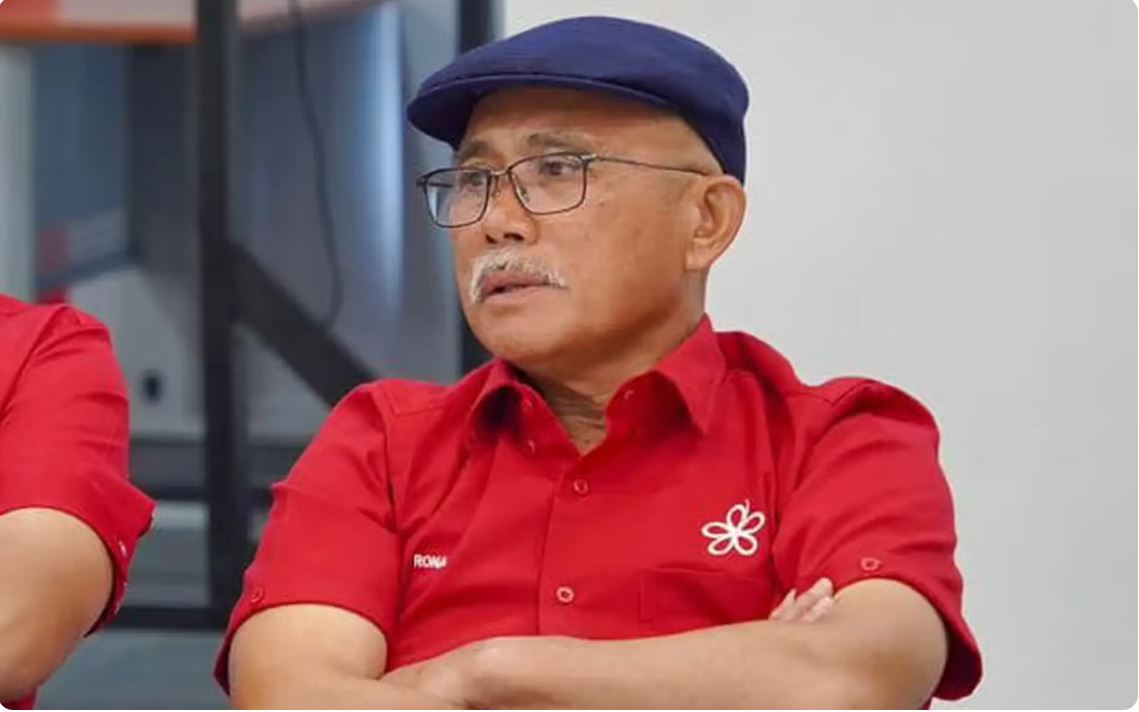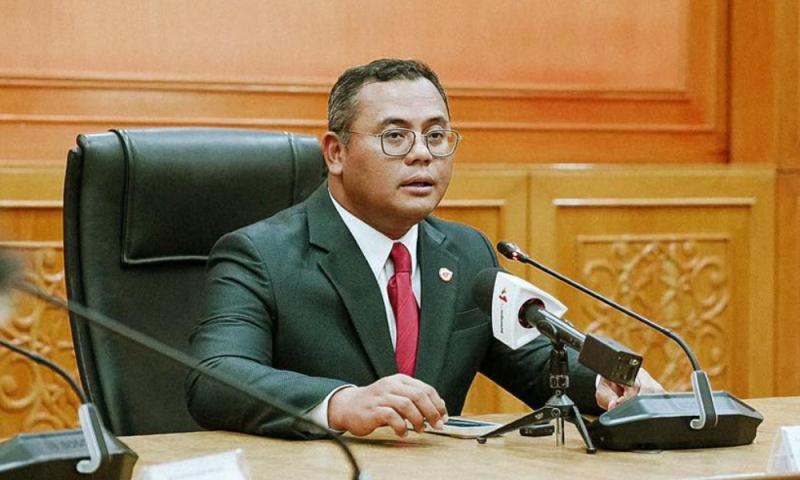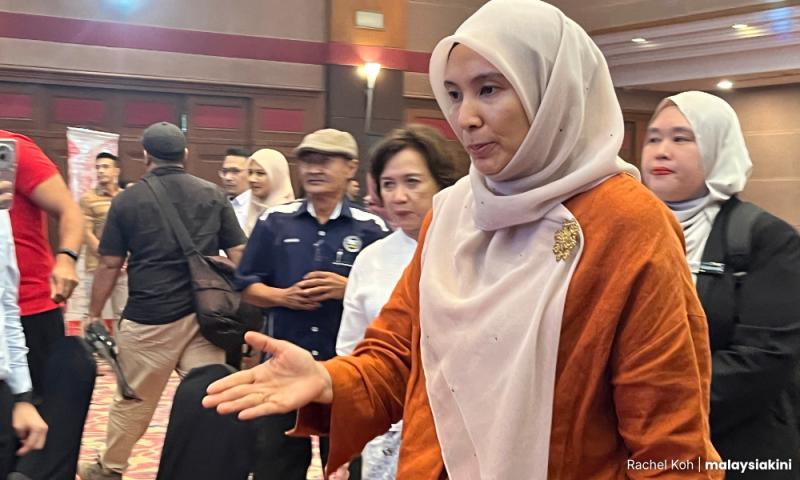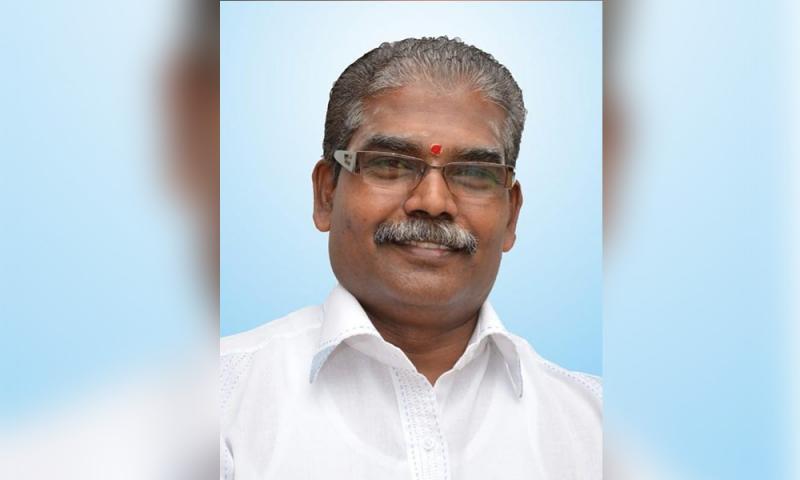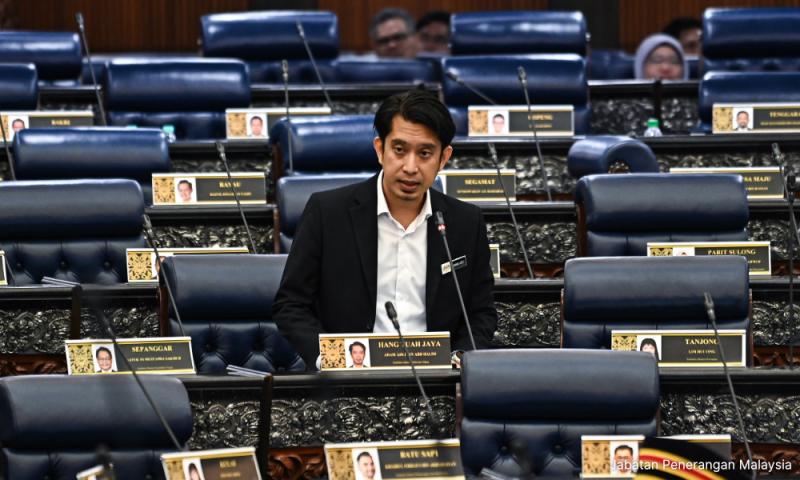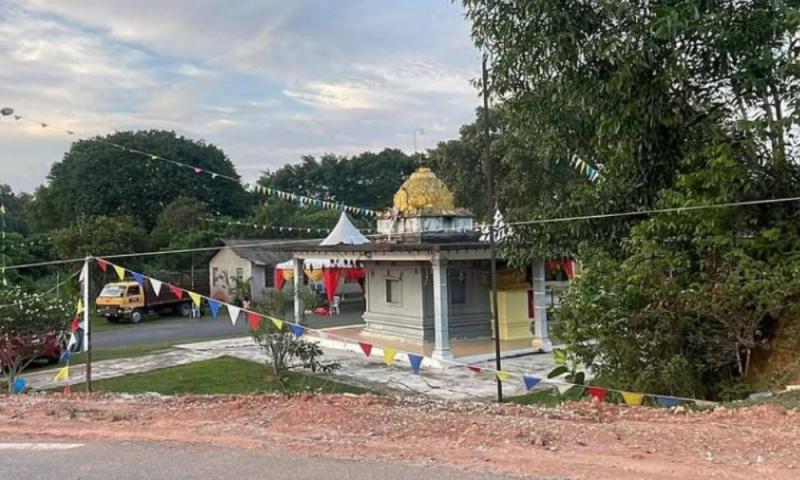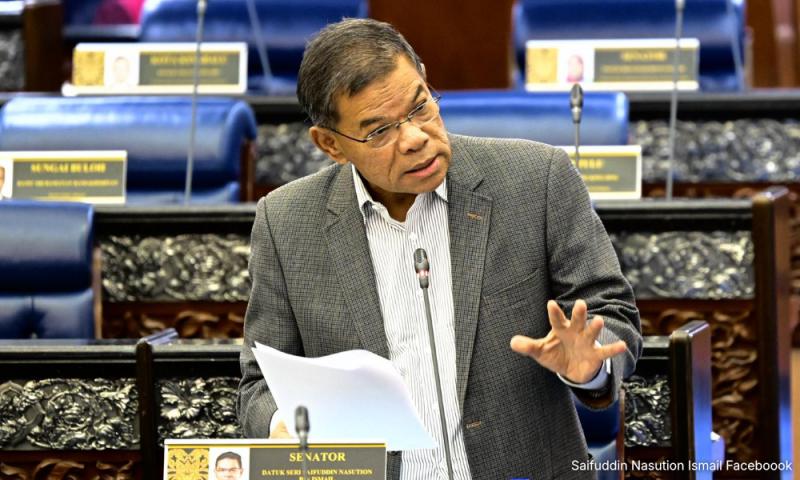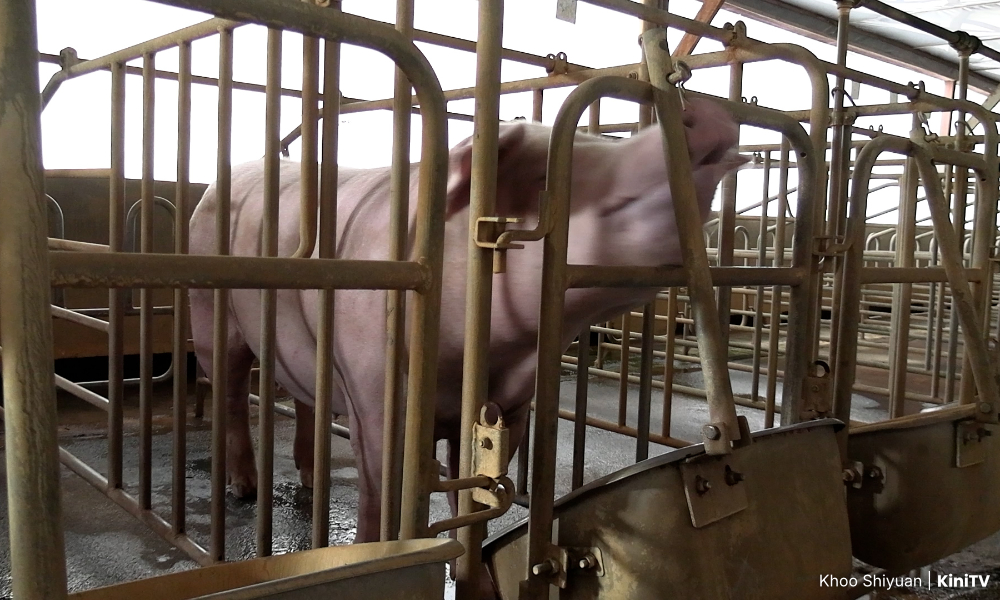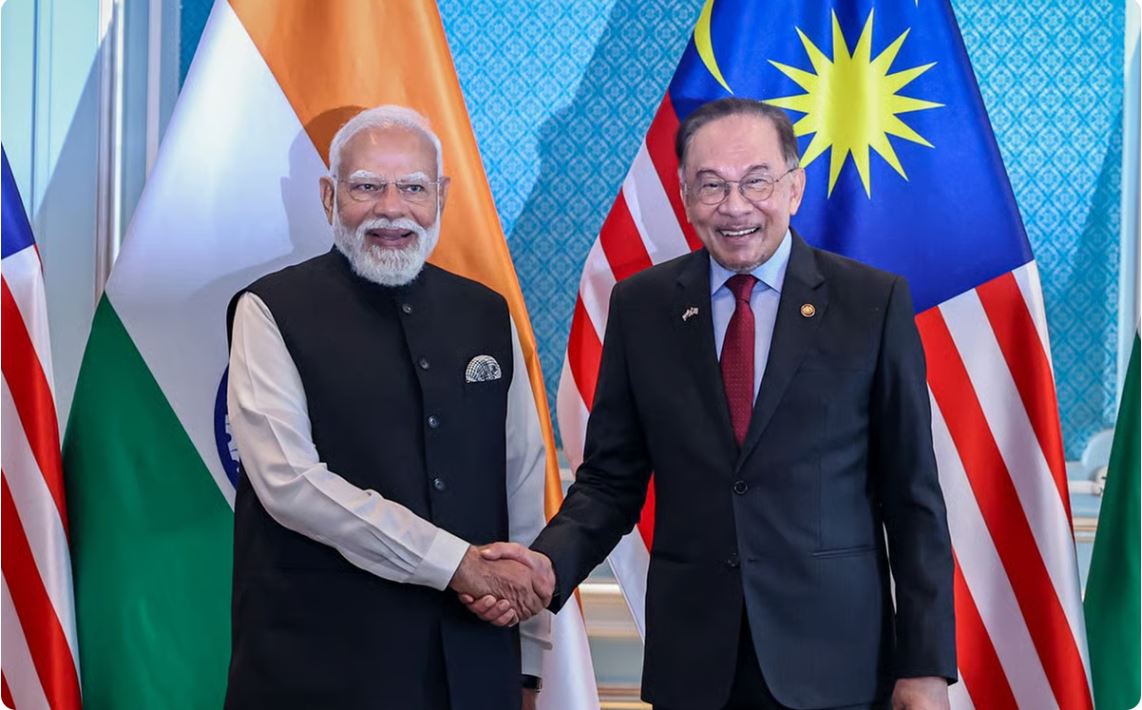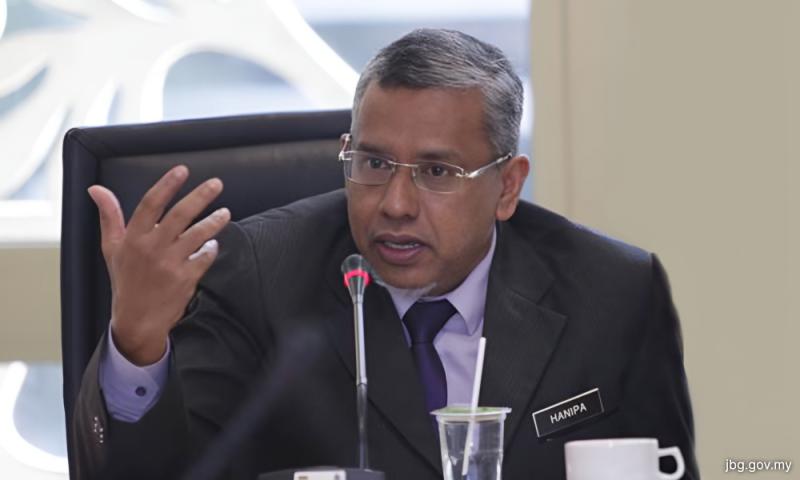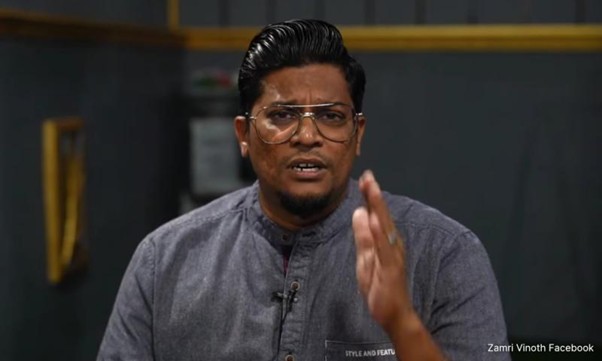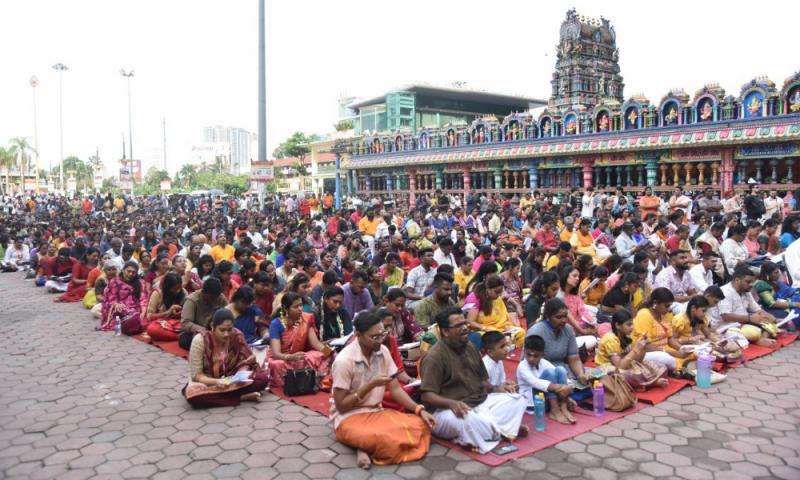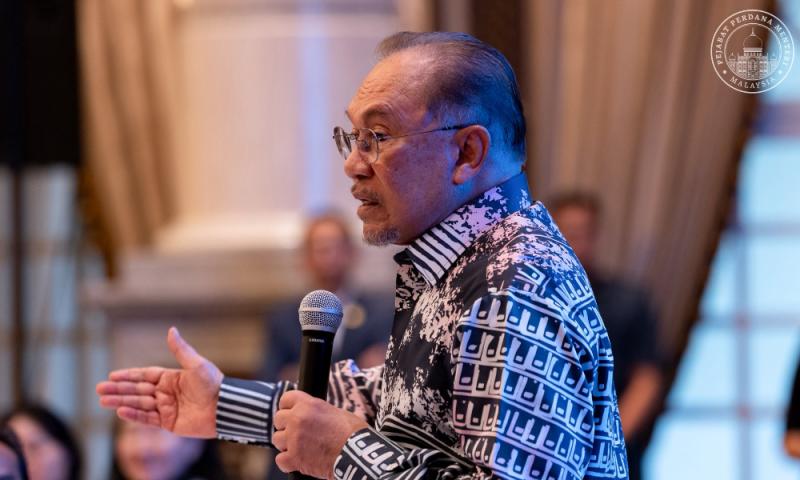- S. Thayapaan, June 17, 2018.
“They act like they have a licence to rape. What kind of action will be taken? This will become worse,” he said without providing any proof to back up his allegation.”
– Pertubuhan Rapat Malaysia president A Rajaretinam
COMMENT | Persatuan Rapat Malaysia made this statement two years ago when the then Malaysian government was intending to bring in 1.5 million Bangladeshi workers to solve whatever problem we had with cheap labour that year. This was shelved for whatever reason, and Malaysians went on with their blissful lives free from the insidious crimes perpetrated by foreign workers.
 Go to certain sections of Kuala Lumpur (a city built by “pendatangs” then and now) and you would be a foreigner in this country. This, of course, is not “their” fault. The anti-pendatang narratives of the former regime and the dodgy post-racial narratives of Pakatan Harapan mean that nobody is interested in tackling our dependence on foreign labour in anything but xenophobic narratives and strategies.
Go to certain sections of Kuala Lumpur (a city built by “pendatangs” then and now) and you would be a foreigner in this country. This, of course, is not “their” fault. The anti-pendatang narratives of the former regime and the dodgy post-racial narratives of Pakatan Harapan mean that nobody is interested in tackling our dependence on foreign labour in anything but xenophobic narratives and strategies.
Acclaimed Malaysian author Tash Aw, writing an opinion piece for the New York Times two years ago, rightly pointed out that crimes involving foreign workers – citing government statistics of 2013 – only accounted for one percent of the national average. This does not take into account the crimes committed by people who traffic in cheap labour or the apathy of the general public of the criminal conditions foreign workers are exposed to while helping build this country or provide us with whatever entitlements we think we deserve.
Of course, the crime statistics could have changed in five years and if they had, it would have been good if DAP leader Jagdeep Singh Deo (photo) could have alerted us to the social ills that good, pure Malaysians faced when propping up Penang’s idea of housingthese foreign workers in what are essentially ghettos.
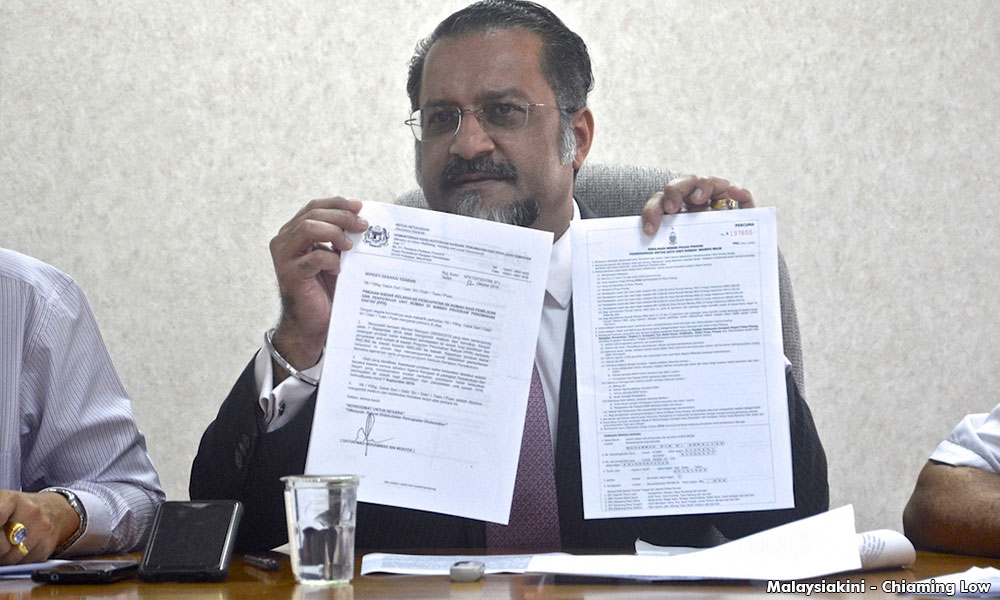
Jagdeep claimed that this would ensure there would be no more social problems for the public. “It is a win-win situation. For the public, there will be no more social problems while for the industry there will be adequate rooms for the workers,” he said. Can we hold him to his word that there would no more social problems if these workers were segregated from the general public?
The way how crime statistics are manipulated in this country is that not only are the statistics on crimes committed by foreign workers suspect but also the statistics for crimes committed by the state against foreign workers.
The shakedown money, the illegal granting of citizenship – which is treasonous if you ask me – the unreported rapes, abuse both physical and mental and a host of other crimes that are inflicted upon foreign workers which are in themselves a cottage industry carried out by low to mid-level government bureaucrats and those from the state security apparatus. This needs to be independently investigated.
Just last year, Mary Chin writing a piece for Aliran, described the Chinese experience as foreign labourers in this country: “We have a Chinese expression ‘zhuzai’. Our ancestors descended as migrant workers to Malaysia, Singapore, Indonesia, Thailand and the Philippines. Meals were served from a common pool of food. Crowds were made to scramble for food directly without plates or cutlery, like animals. That’s the origin of the expression “zhuzai”.
“Workers were also housed (confined), transported, contracted and traded like animals. Many did not survive the rough seas. Among those who did, many died of infectious disease.”
In the article, she rightly points out that in this issue of foreign labour, what it comes down to is ensuring that laws for their housing be regulated and that employers be the ones organising decent housing for their labour and that they should be the ones held accountable.
Treated as sub-human
Furthermore, playing the politics of xenophobia to ensure that government policies would be supported by the general public is never a good idea especially for a new regime which purports to want to change the system and the mentality of Malaysians when it comes to competent governance.
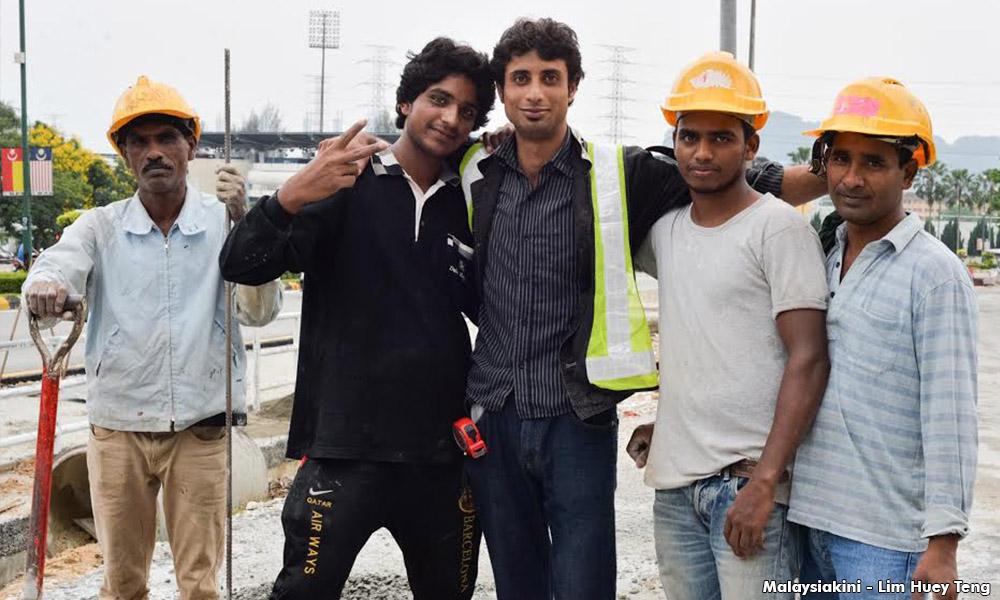
Anecdotally speaking, someone who runs several successful restaurants – nothing fancy, mind you – tells me that housing her foreign help in a safe clean environment is probably what makes her staff efficient and happy to come to work.
As usual, when it comes to money, it is the exploited who are made scapegoats while the business folk get to rely on governmental programmes which merely enables them to carry on with business as usual instead of admitting that they, like us, are part of the problem.
Instead of these housing ghettos where the lives of foreign workers are regulated like indentured labourers, why not hold accountable the businesses that bring these people in, sometimes illegally? Why not investigate how the state security apparatus and other governmental agencies are involved in this trade and the businesses that employ them? Why not do a thorough investigation into the immigration services and their operating procedures and discover who the brokers are for incoming foreign labour and how connected they are to the political elite?
I am sure ghettoising foreign workers and claiming that social problems would suddenly evaporate is easier than actually tackling the social problems that this country faces. The crimes that this country faces are intimately linked with various government departments. And the social problems are made worse when race and religion are introduced into the mix.
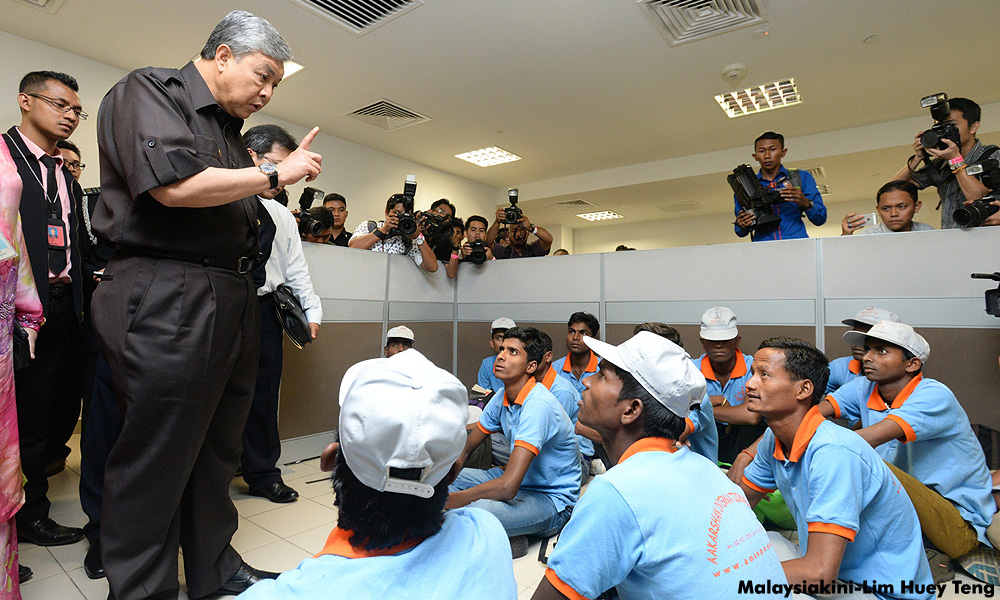
Mary Chin refers to this systemic segregation as a deeper division in this country. We have to look no further than certain race-based groups which demonise foreign communities but at the same time collude to bring them in because they know that cheap foreign labour makes this an ideal country to produce cheap goods or carry out development for the “real” citizens to profit from.
The state should not be in the business of enabling a system of foreign worker dependence. What the state should be doing instead of engaging in systemic segregation is to hold employers accountable for the welfare of the people they employ.
And this is especially so in the case of foreign domestic labour which is used and conveniently discarded when it becomes profitable to do so. Honestly, I would be more amenable to such ideas of segregation if it was funded purely by business interests but the state had oversight in terms of human rights expectations.
Even if this was the case, the reality is that if existing rules and regulations were to be enforced, they would be no need for this solution because employers would have to treat their workers with a basic level of human decency and this would organically curtail the inflow of cheap domestic labour because they would not be as cheap as they are now to the extent they are treated as sub-human.
Ghettoising foreign workers especially if carried out at the federal level would be a waste of resources. The solution to the foreign worker issue in this country is to enforce legislation already in the books, monitor how the state security apparatus enforces those rules and create a culture where those so-called 3D jobs are something Malaysians would want to do.
This instead of outsourcing it and then complaining that foreigners cause problems. But who cares right? The next big financial scandal is right around the corner.
S THAYAPARAN is Commander (Rtd) of the Royal Malaysian Navy.
The views expressed here are those of the author/contributor and do not necessarily represent the views of Malaysiakini.

